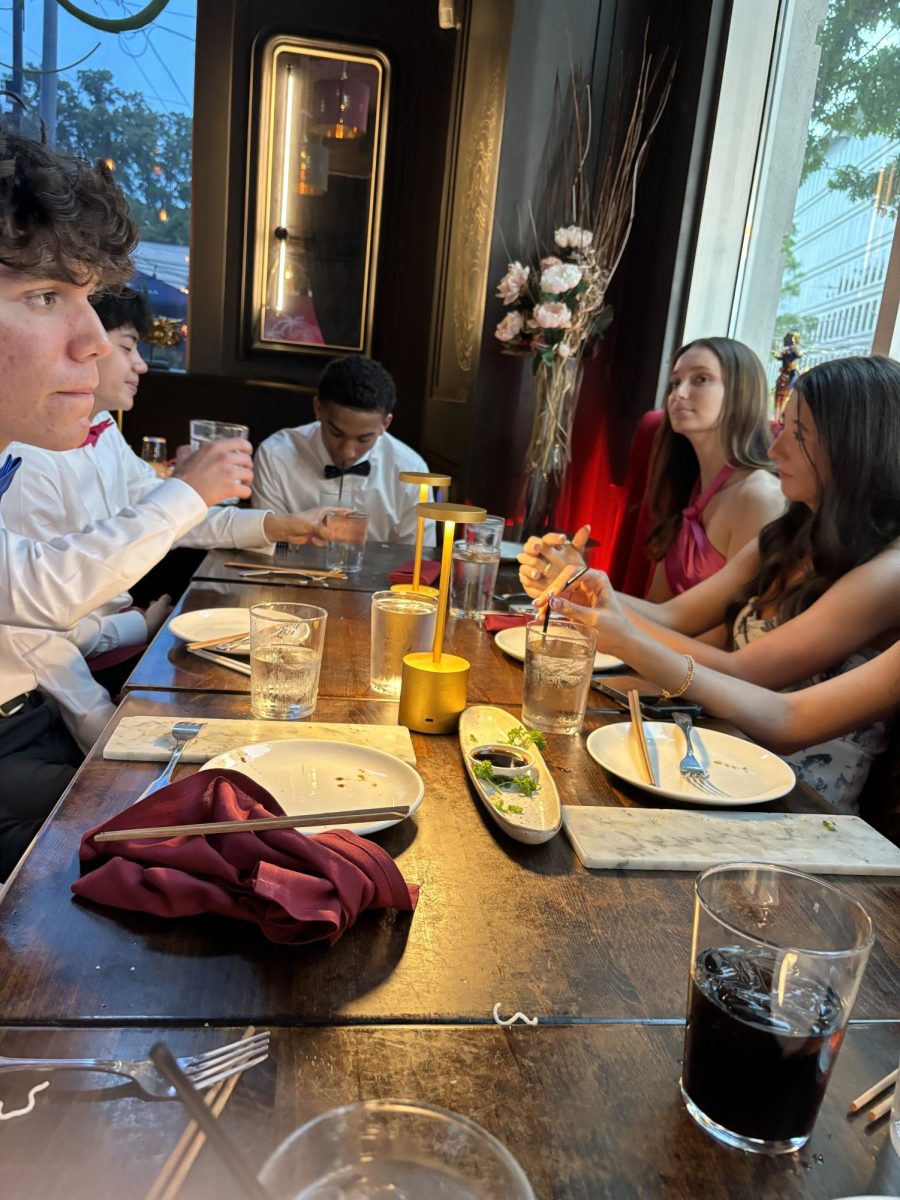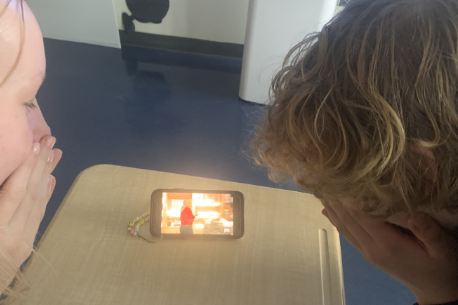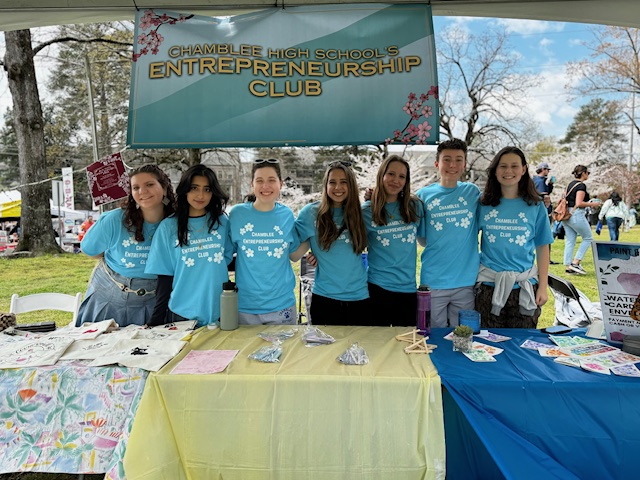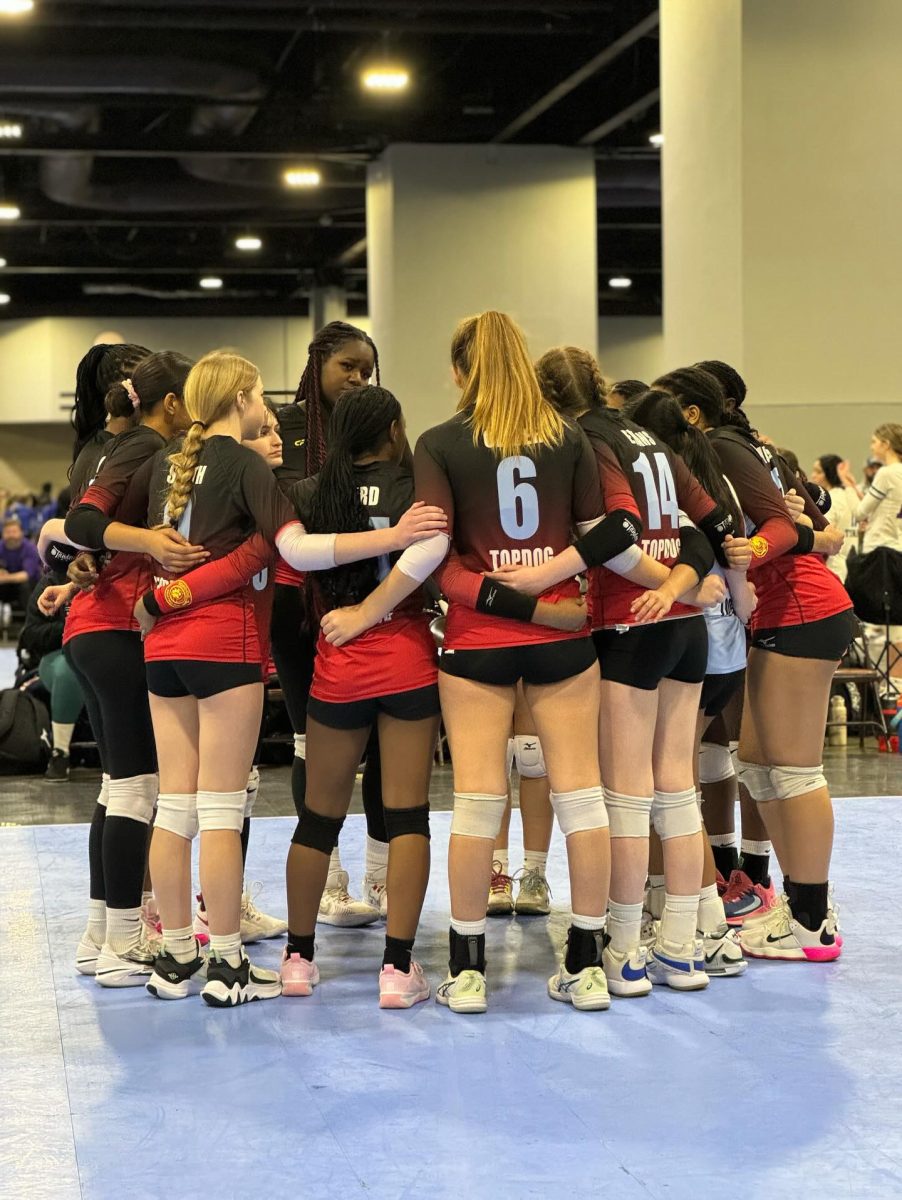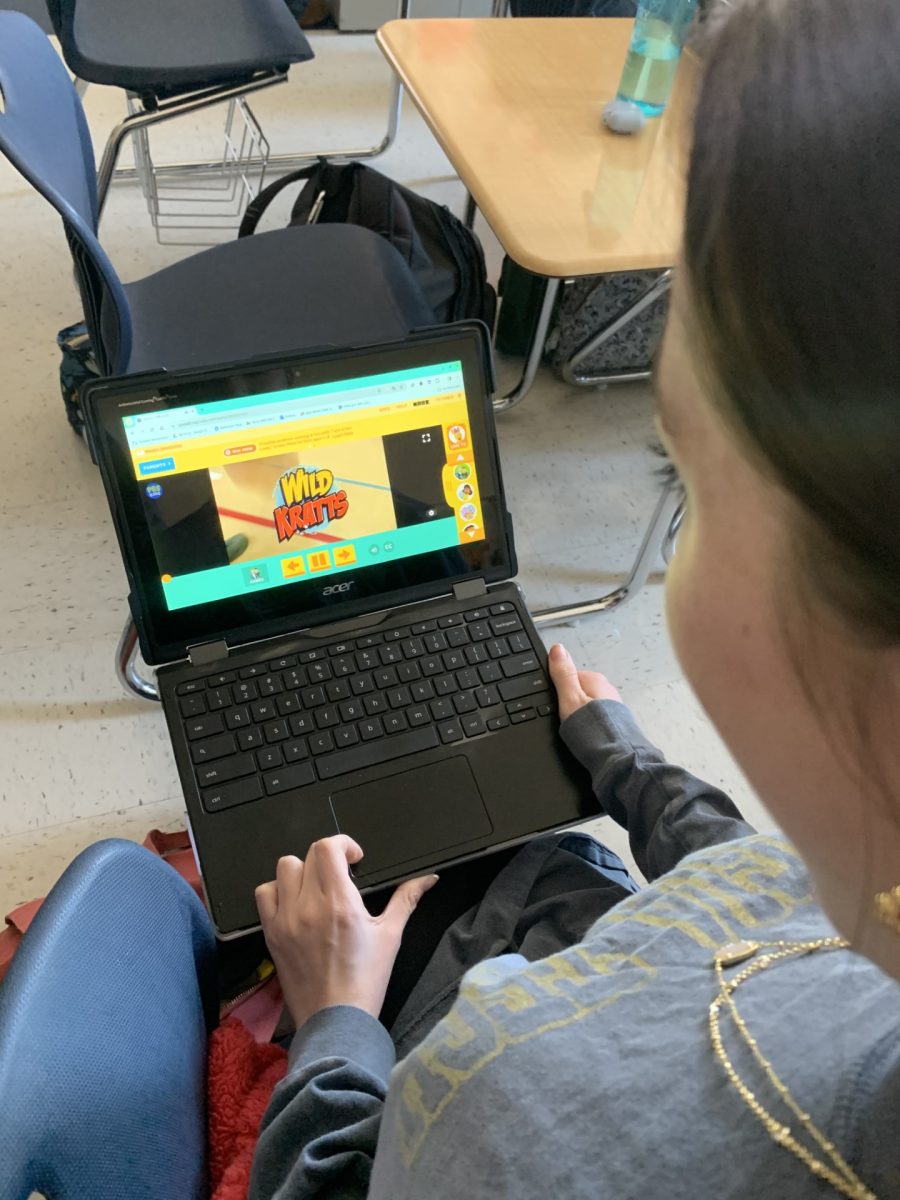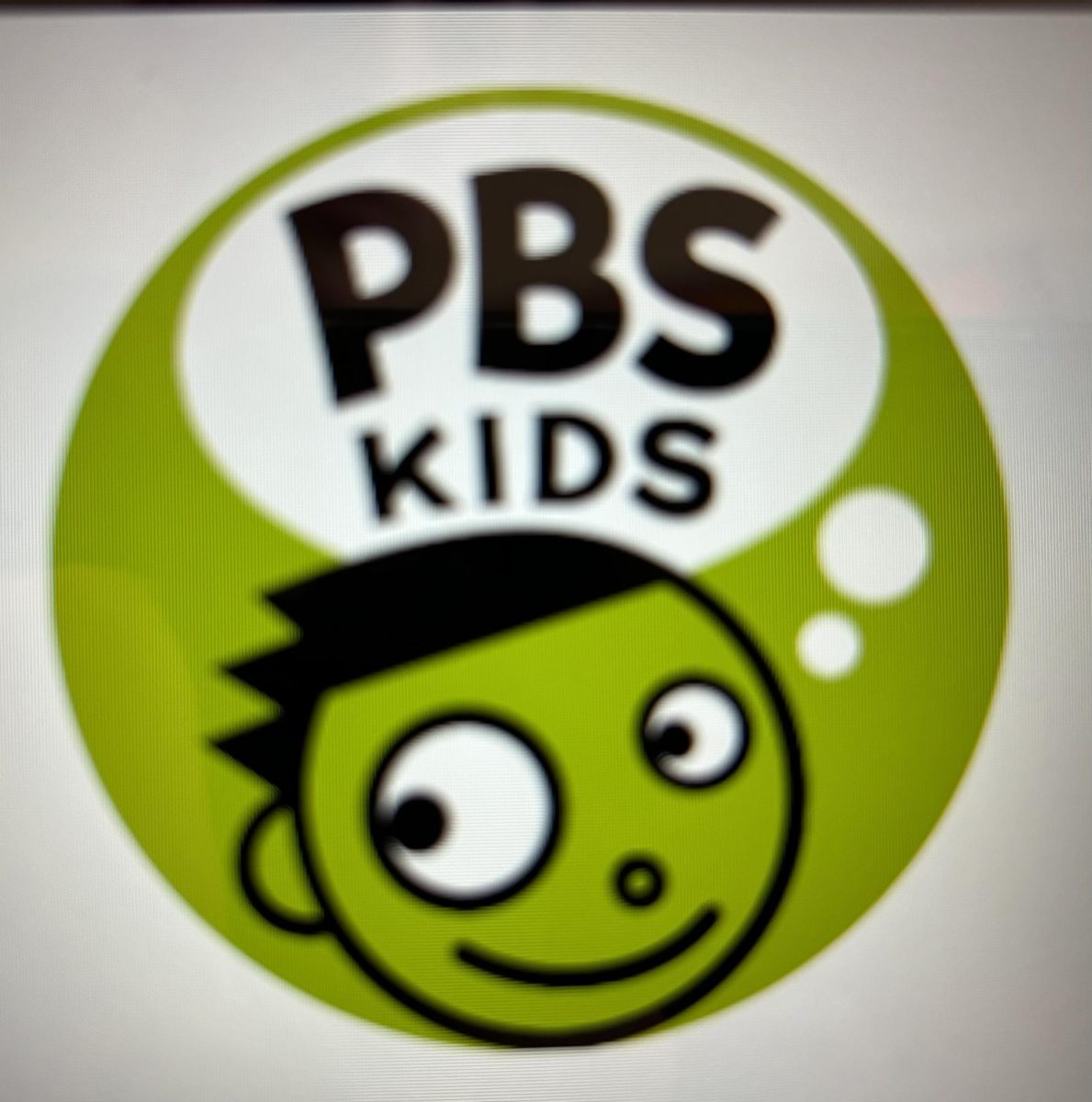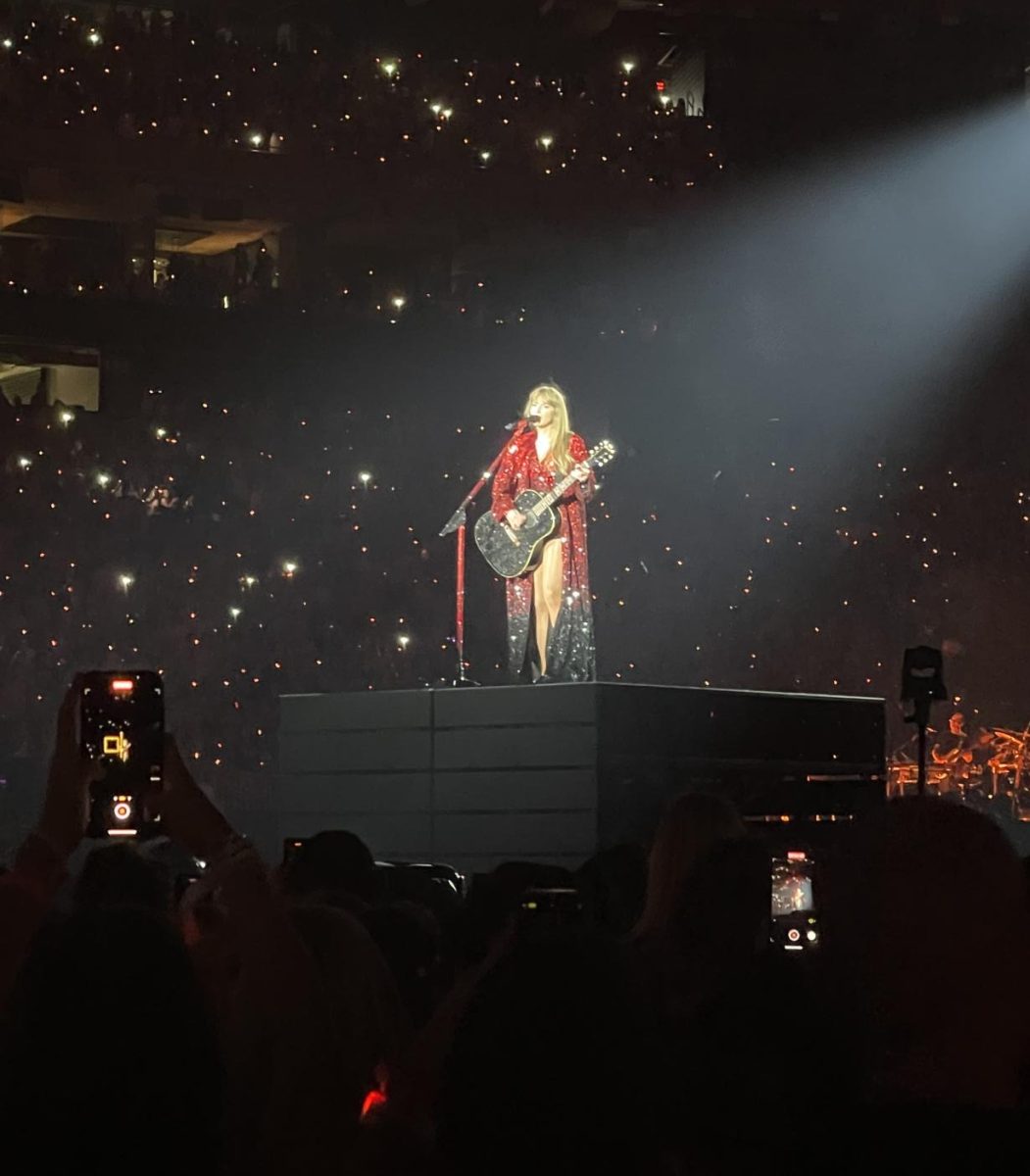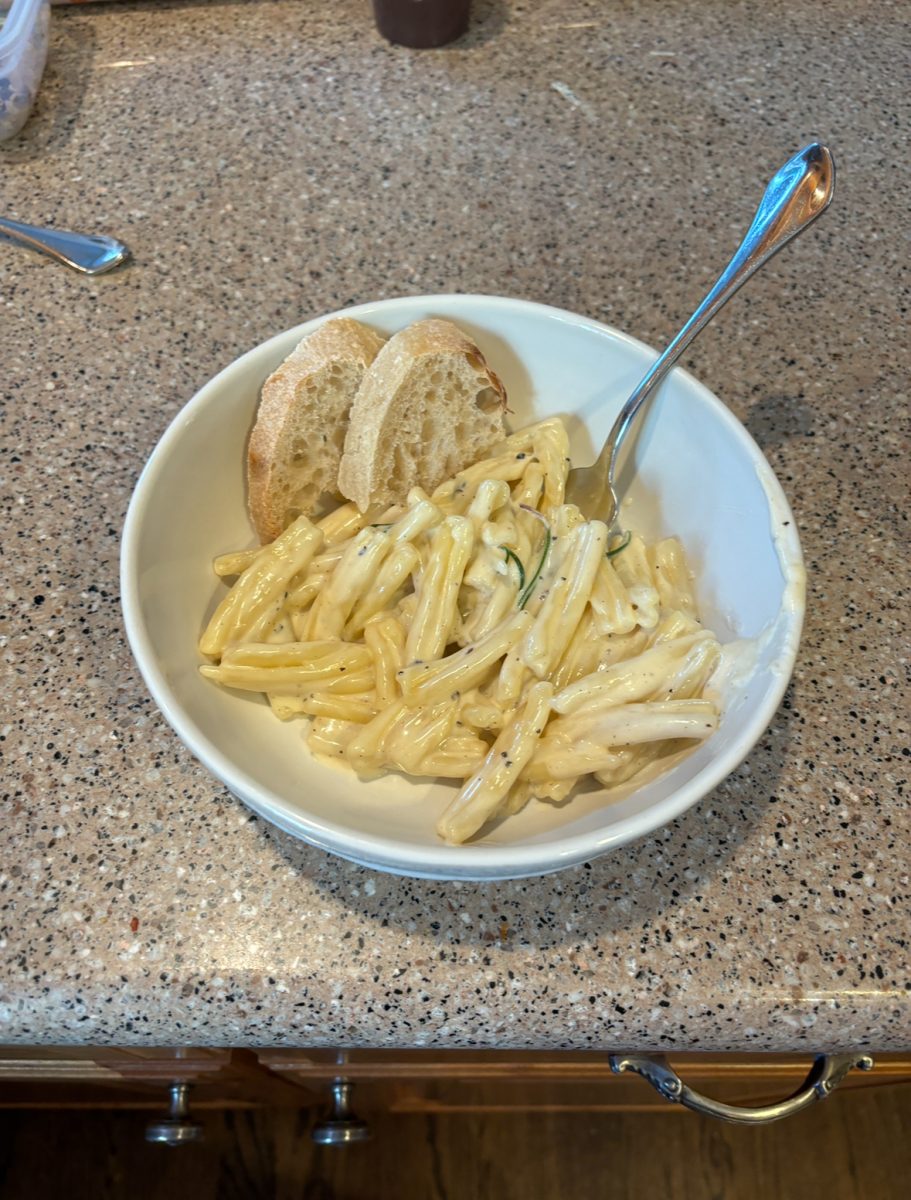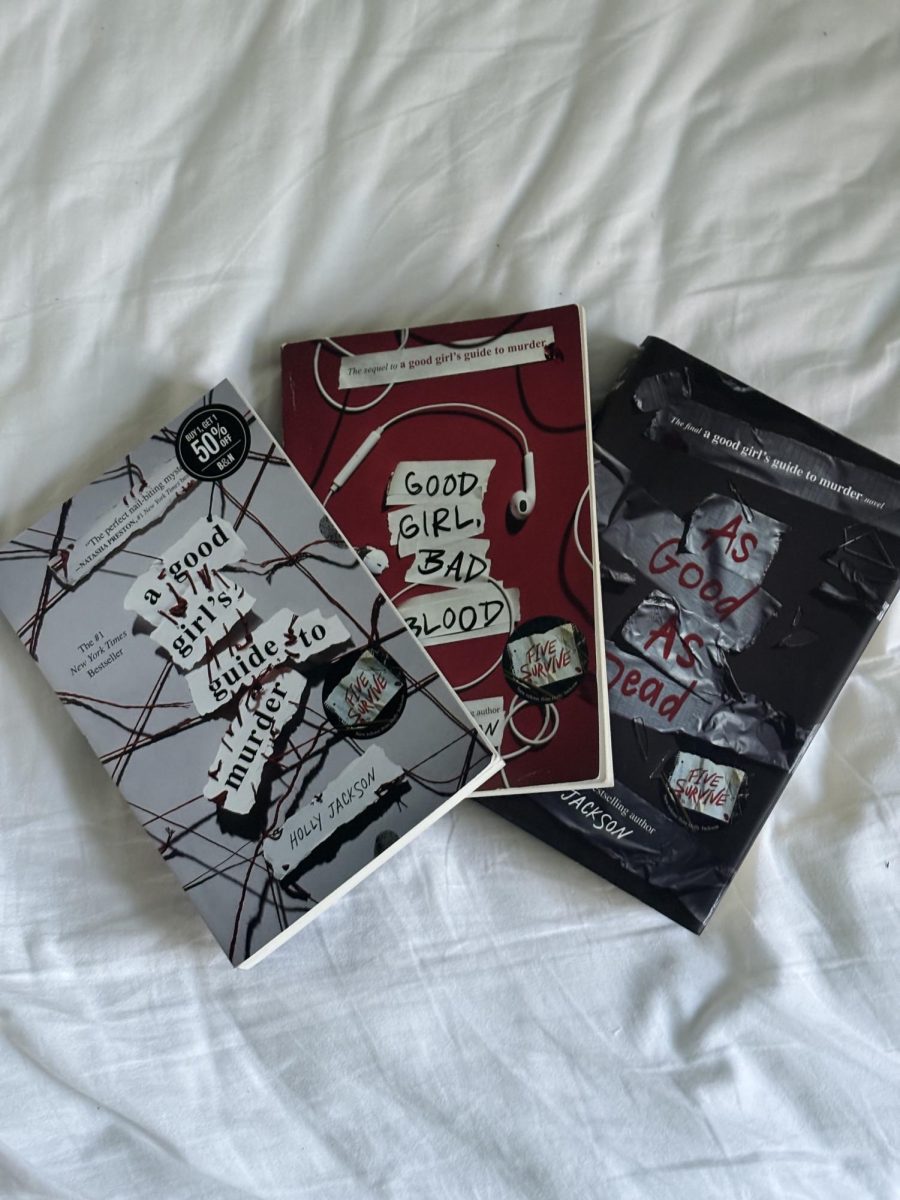Interview with Civics Teacher and Black Nationalist Alton Allen
March 13, 2010
Q: Some people think Black History Month furthers racism and some people think it is important for identity and cultural reasons. What is your opinion on Black History Month?
A: The way we have always celebrated Black History month has been completely superficial…. The issues I see in the Black community are not because of racism, but because we spend more time trying to get someone else to do for us what we have to do to improve ourselves. I have an issue with the Civil Rights model: integration, equality, etc. I am more in favor of economic empowerment– do for oneself. And I have always had problems with integration because it does not address Black folks building their own institutions. I don’t know where Def Jam or P. Diddy’s labels are located, which are black-owned, but they’re not located in black neighborhoods. Abolish Black History Month. Let’s have March as Black Empowerment Month. So during that month you patronize, you develop black establishments. Instead of having a shallow celebration, you can go to many inner-city schools and see the standard thing of the Ben Banneker picture, etc. All they are doing is paying homage to the imagery. They are not doing anything about things that make culture functional. The Civil Rights model never addresses building the economic base.
Q: Speaking of black culture, what is your opinion on the transformation of hip-hop?
A: If you look at hip-hop and rap music, we have a misogynistic culture which you see in conjunction with crime. You will hear about white-on-black crime, but you will never hear about black-on-black victimization. God forbid if you are a black woman, or if you are the victim of crime in your neighborhood; people will not hear about it. People get up for the Jena Six but no one has ever heard of Ramona Clark… There is a culture war in the black community and the civil rights leaders constantly focus on getting other people to do things for black folks… The residual effects are the cultural dysfunctions that we see. Hip-hop started out as an artistic movement and there was a place for everyone from graffiti artists to dancers to rappers. However, slowly but surely, it became a showcase for all these different pathologies in the black community.
Q: How do you think this affects the younger members of the community?
A: The way younger people dress today is the equivalent of during my day how people will come out of the house with a stocking cap on. Your parents would say if you dress like a criminal, I am not letting you go outside. Now there is the relativism. He has a bandana but he is not in a gang. It is all glorifying criminal behavior. Again, I am highly critical of the civil rights model. For them, it is always ‘What are white people up to?’ Most of us live in black neighborhoods. The KKK is not coming into my neighborhood robbing people or prompting black children to have children out of wedlock. I am not a big fan of Kwanza because most black people in America come from West Africa, not the East, so a lot of the principles do not make any sense. There becomes this dependency in black culture because we cannot have anything unless we model it on some other culture.
Q: How would you rate Obama’s first year in office?
A: Whenever you have a set of political beliefs that deviate from the widely established beliefs of the Democratic ideology, you are now an Uncle Tom. Where I am going with this is that I am a firm believer that Black folks should not align themselves with any political party. You should be a mercenary when you walk into the voting booth. I am more of a free market guy. I like the ideas behind fair tax. One of the things that appealed to me about the Nation of Islam is that when I was in it, it was a very self-help oriented group. I never see that in the Democratic Party, but I see Barack Obama endorsing that set of beliefs. His values are not my values. I believe his interpretation of government and the Constitution, but this is purely an ideological disagreement. The biggest mistake in black politics is to create cultural identification with party affiliation, and that has always been a problem.
Q: If you could reform education at any level, what would you do?
A: I will make private schools tax deductible on the federal level. I work in public schools and I see what is going on. Public schools are nice, Chamblee is nice, but a lot of the people making decisions are not sending their children to public schools. I think about hard-working black parents who know the schools are jacked, but cannot afford the private schools. But if you raise the tax deductions, you would allow them to raise your kids in a manner that is consistent with their belief system. If you talk proper, then you are white. This is not right. Parents should have a choice. If I ran public schools, I would segregate them based on behavior. As a teacher, you often see this dynamic: you have the kids that pay attention and then you have the knuckleheads. Teachers spend too much time with homeboys who want to be the thug of the month. The rate at which people would learn is generally hindered by this, so learning in the classroom often occurs at a snail’s pace. For some kids, going to school is a whole day of stress because all that is around them is peril and danger. Kids who are trying to live right are in constant fear of someone trying to jump them. I would make the job of teachers who teach the bad kids mad cushy. The curriculum would be very basic, maybe reduce the school year to 160 days, throw in half days before breaks, and of course have smaller classroom sizes. It would create a balance.
One of the biggest scams of the civil rights mantra is the opposition to vouchers, but who would vouchers really help? People trapped in tough academic conditions. Who are they? The majority of them are Blacks and Latinos. So, if you are going to present yourself as pro-black, but you are condemning kids to roughly 12 years of flawed education, that does not allow them to do the things they want to do as adults. What are you saying? You want to call me a Tom because I do not support this. That is crazy.

